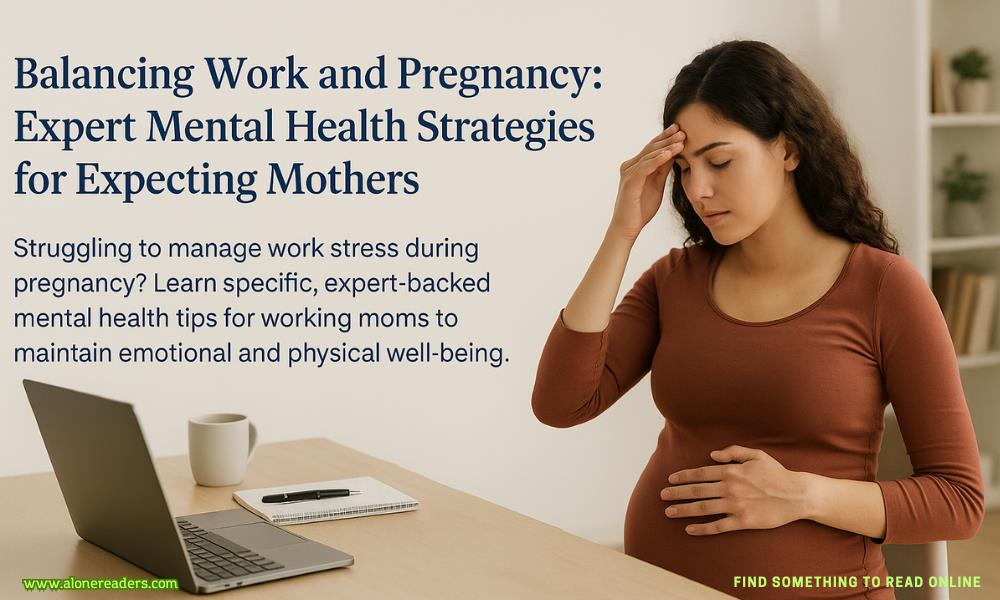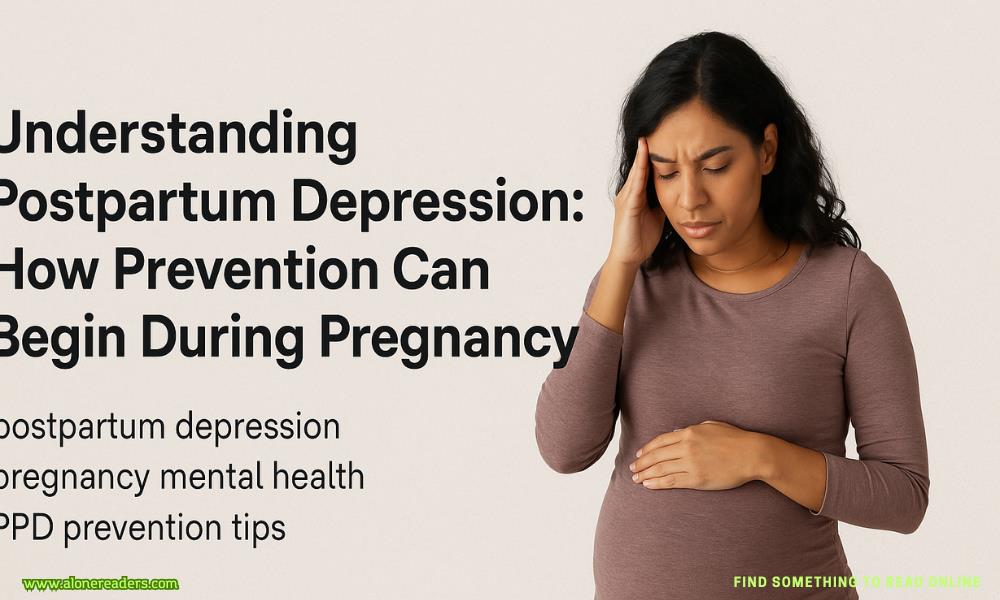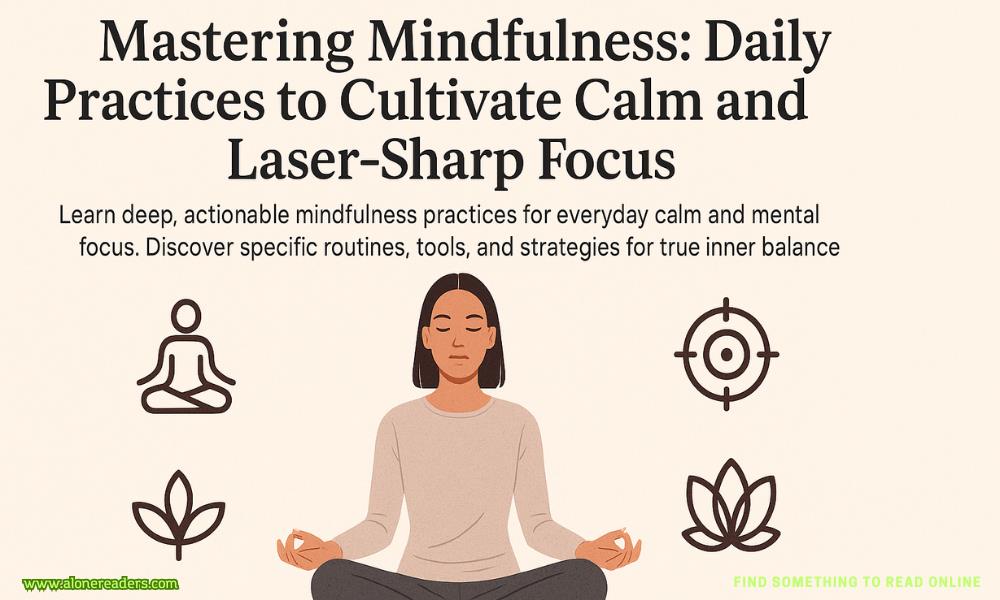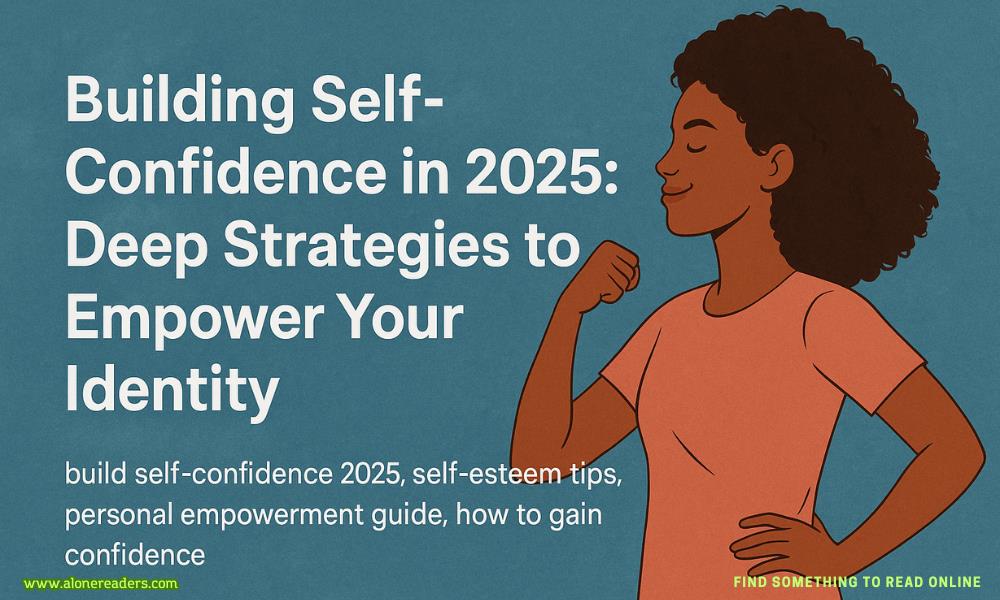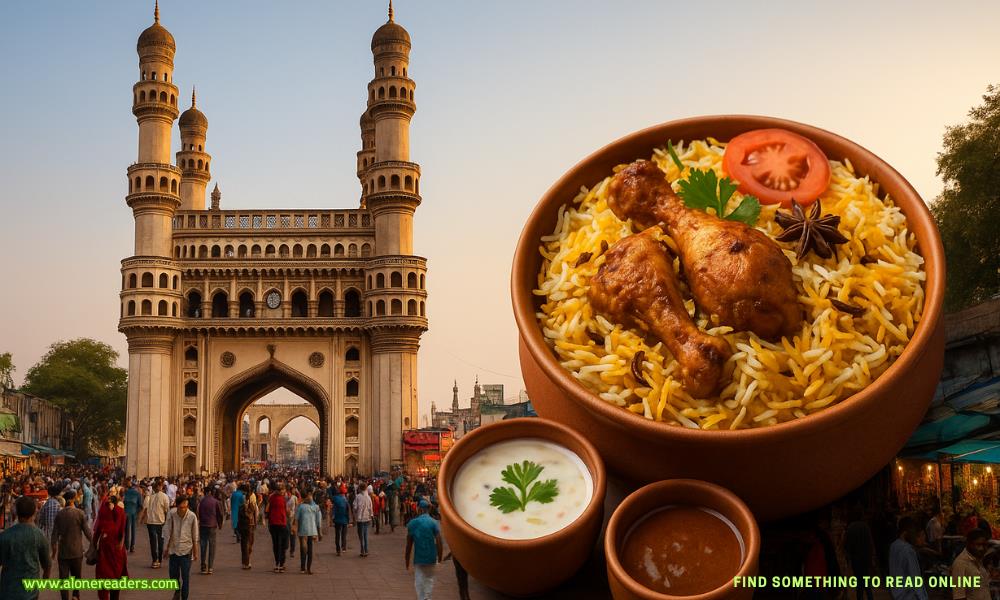Page 71 of Famine
I take a deep breath. “When I saw you lying there, covered in mud and blood and rain, your body …” I can’t even find the words to describe the state he was in. “It was awful.” It truly was. It didn’t matter who he was or what he did. No one deserved to be treated like that.
“Even once I figured out you were the horseman, I couldn’t leave you.” I swallow, glancing down at my nails. “I knew what it was like to be unwanted. I spent my teenage years feeling as though my family didn’t care whether I lived or died. If it were me laying on the side of the road, I would want someone to care. So I helped you.”
I feel the burn of Famine’s gaze. For a moment, his grip on my hip tightens.
“So you saw yourself in me,” he says, his voice a little hoarse. “I should’ve known at the very heart of it, you’d have selfish motives.
I glance heavenward.Lord give me strength.“It’s called empathy.”
“I’m aware of what you humans consider kindness.”
“Oh, and like you’re some shining example of compassion,” I snap.
“I never said I was—though I should point out that Ididspare you all those years ago.”
“Me and no one else,” I respond. “You killed the last of my family when you destroyed my hometown.”
“Was I supposed to save your aunt?” He sounds remorseless. “You said it yourself—she wasn’t kind.”
I glance over my shoulder at him, giving him a look like he’s mad. Maybe he is. “What’s the point of sparing me if there’s no life for me to return to?”
Famine gazes back at me curiously, and I think he might legitimately believe that people don’t need each other the way we so obviously do. “They didn’t save me, when they could’ve,” he says. “You did.”
“You didn’t have to kill all of them.”
I feel him stiffen behind me in the saddle, his already unforgiving armor all the more uncomfortable against my back.
“Did I ever tell you how I came to be a prisoner?” he asks far too calmly.
I shake my head, a shiver sweeping down my spine.
His voice is as low as a lover’s when he whispers into my ear. “I spared a family who was kind to me.” As he speaks, his fingers stroke my hip, his touch menacing. “They didn’t save my life—not like you—but they welcomed me into their home. They fed me, let me sleep in their bed even knowing what I was.
“Foolishly I enjoyed their hospitality, lingering a little longer than I should in one place. They didn’t mind my killing so much—or at least they never complained of it. And that whole time I assumed I was above harm.
“But word eventually got out that a human family was housing me.
I left their house to lay waste to the crops surrounding a nearby village. When I returned, the family—husband, wife, and three young children—were butchered.
“There I was captured and killed. The next time I awoke, I was in an abandoned building that had been turned into a makeshift prison. And that’s when the true horror began.
“There aren’t words to describe what happened to me—the inflicted agonies, the twisted violations. And even if there were, I doubt a human mind could understand the depth of what I suffered. You have never had your head kicked in, your teeth ripped from your gums, your eyes gouged out, or your fingernails pried off. You’ve never been staked, burned, disemboweled, or dismembered—sometimes at the same time. You have never been killed, only to return to life and bear it all again and again and again.” His lips are soft against my ear, even as his words fill me with second-hand dread.
“I saw the true extent of the pain and suffering humans can inflict on each other, and I endured every conceivable manner of torture.” As he speaks, his voice rises.
I swallow.
“I believed in my task before I was captured, but after what I went through,it’s become personal. Each death is reparation for the atrocities committed againstme.”
No wonder Famine savors our misery, lapping it up like cream.
“I’m sorry,” I say, “that they did that to you.”
Again his grip on me tightens, but he doesn’t respond.
We’re both quiet for some time, his words lingering in the air between us.
“So,” I eventually say, deciding to lighten the conversation. “Where have you been for the last five years?”




